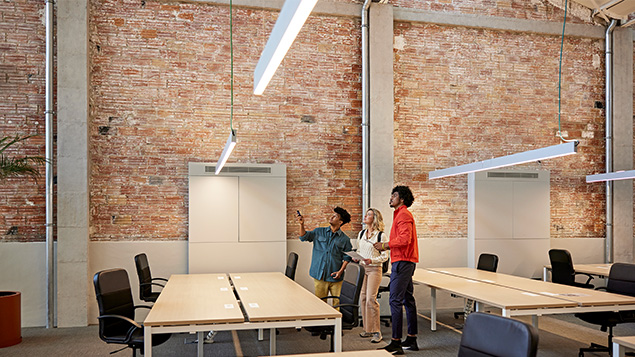
The data and technology landscape in commercial real estate continues to shift dramatically. In recent years, more and more real estate companies have started their...
The data and technology landscape in commercial real estate continues to shift dramatically. In recent years, more and more real estate companies have started their digital transformation journeys, reshaping the ways that they acquire, sell and manage properties. When you throw in the continuing talent shortage and widening skills gap, which according to BOMA (Building Owners and Managers Association) International, is impacting close to 70% of commercial real estate firms, you can see why digital transformation can be a significant competitive advantage, maybe even a game-changer, for commercial real estate owners and operators.
At CLA, we start with a digital readiness assessment, which includes discovery sessions with key decision makers, contributors, and other stakeholders to learn about systems, data sources and processes. This transparent and collaborative conversation is used to uncover business challenges and to brainstorm on desired enhancements. Participants will gain visibility into how team members perform tasks, help identify best practices, and learn of common struggles or inefficiencies. The outcome of a digital readiness assessment is a catalog of data sources, current and future state diagrams, and use cases. By prioritizing use cases based on impact, effort, and costs, a road map will be drafted to guide a commercial real estate firm to the next destination on its transformation journey, whether near or far.
Generally, after a digital readiness assessment is completed, three fundamental aspects of a digital transformation are reviewed: people, process, and platform/technology.
People. You can have the best technology platform or idea, but if you don’t have qualified people in the appropriate roles, then your project may falter. There is great value in understanding teams and stakeholders that would be impacted by the project or solution. The idea is to understand whether there is the necessary knowledge, skills and experience to execute on your digital transformation strategy or if re-education or upskilling, for example, might be necessary. Organizations will also want to determine who your champions are and who will lead change management.
Process. We look at processes to help determine if there are opportunities for improvement. We frequently work with clients on understanding what the problems are and can review processes to find efficiencies, improve productivity, utilization, and quality. We have also worked with many clients to reduce their operational budget by leveraging their resources better, eliminating waste and duplicate tasks, along with reducing friction in business processes while improving staff, resident and/or the client experience.
Platform/Technology. A platform or technology can provide strategic advantage and value, but these need to be aligned with the right people and processes in order to be successful. With respect to technology, key considerations we keep in mind include interoperability, security, and scalability, along with how technology integrates with existing systems. Of course, we always keep the user experience, such as mobile functionality, accessibility among others, in mind as well.
If you don’t know where to start, we can help! Our digital readiness assessments are a great way to get your transformation juices flowing.
